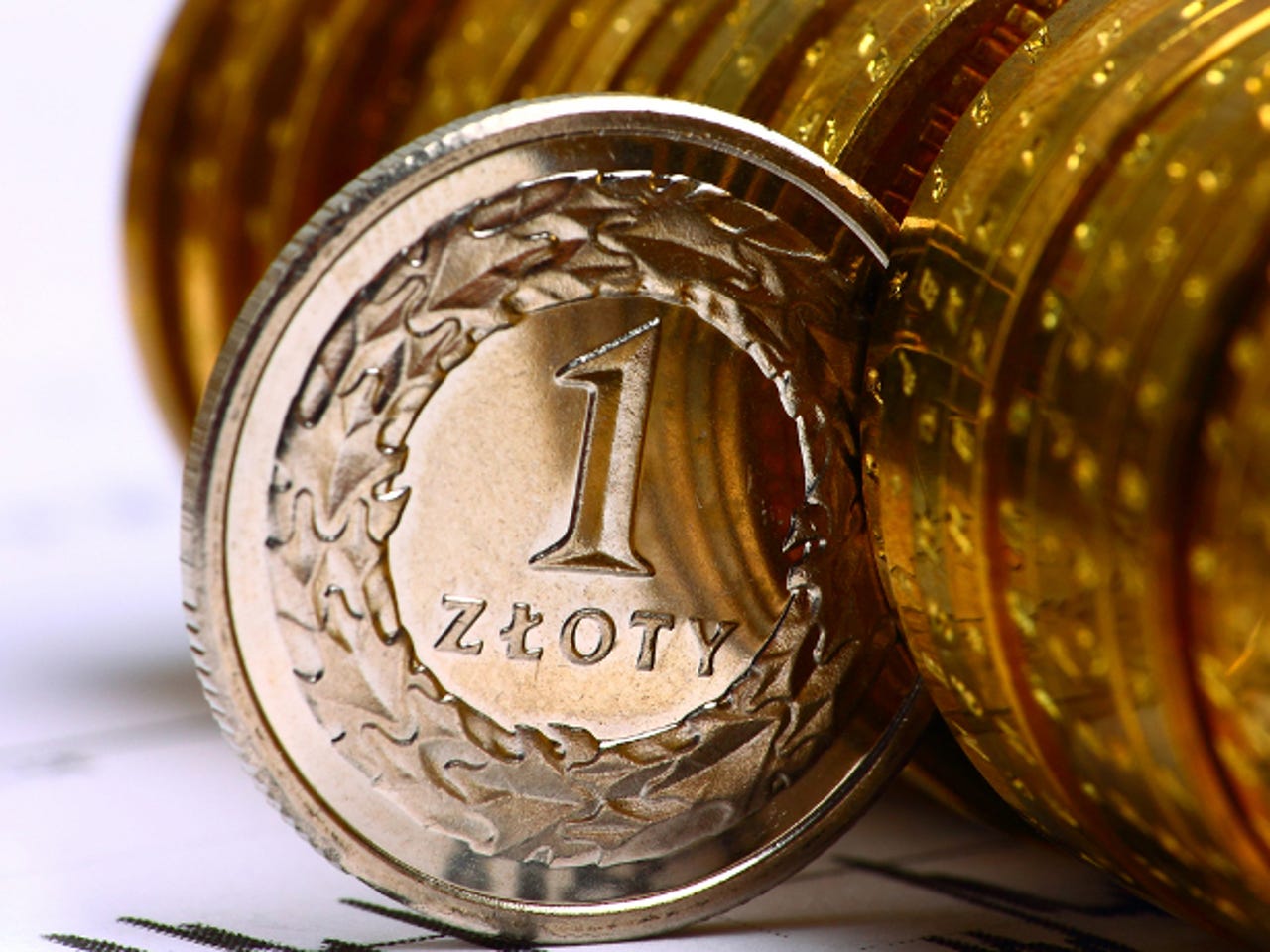Mobile NFC: Can contactless services take off where card payments haven't?

Mobile payments have received a boost in central Europe with the introduction of NFC services from banks and mobile operators in Poland.
Pilots of NFC (near-field communication) technology on mobiles have been underway for quite some time now, and the first commercial offerings, from operators T-Mobile and Orange, are now appearing on the market.

The services allow Polish consumers to associate their credit card with an NFC-enabled phone. By swiping the device over payment terminals equipped with contactless NFC readers, Polish shoppers can pay for goods or services. For small payments of up to 50 zloties (around €12.50), there's no need to enter a PIN number — just hold the phone over the reader.
Such terminals have already popped up across the country in large numbers, and use MasterCard's PayPass system to enable mobile contactless payments.
Poland is already a leader in contactless payment availability when it comes to bank cards, according to IDC analyst Michal Wlasenko.
"In just three years, between 2009 and 2012, banks issued 13.4 million cards (40 percent of all cards present in the market)", he says, "which consist mostly of debit cards with the option for contactless payment enabled.
"At the same time, the installed base of contactless payment-enabled points of sale (POS) reached 70,000 in 2012 (around 30 percent of all POS terminals) — one of the highest per capita level across EU."
Now contactless payment is being taken one step further in the country, with Polish consumers able to make wave and pay payments using their mobile as well as their bank cards.
The new offerings are aimed at young urbanites. T-Mobile's MyWallet service is available to subscribers who have MasterCard debit cards or credit cards issued by either Polbank or mBank, with other banks to be added soon. Orange's Orange Cash service is restricted to mBank for the time being. Both operators offer a 'SIM-centric' model, whereby bank cards are associated with a phone's SIM card rather than to an app on the device.
A boost for card payments' popularity?
NFC might be the push needed for card payments to finally take off in the country, which has yet to embrace cashless transactions in the same degree as many of its European neighbours: the average number of cashless transactions per capita in Poland is around 40 percent of the EU average, Wlasenko said.
And, while the average EU citizen conducts around 76 cashless transactions per year, Polish consumers only make 31, the National Bank of Poland reported last year (PDF) — a situation made worse as smaller, privately owned shops in poorer parts of the country don't tend to offer card payments because of the high transaction fees that financial institutions charge.
With NFC, however, it could be a whole different story. By the end of this year, about 100,000 NFC payment terminals will be operational in the country, a number that estimates say will double by 2015. By comparison, Germany, whose population is twice as large as Poland's, has just 1,000 NFC terminals in the entire country — showing the potential for Poland to leapfrog countries in its adoption of the technology.
According to a survey by payment processor First Data from 2011, Polish users say they prefer NFC card payments to cash payments, while mobile payments are preferred over both. In that sense, Polish users are ahead of their cousins in Germany or the UK.
Last piece of the puzzle
But that doesn't necessarily mean consumers will take up the new payment method. "This last piece of the puzzle can clearly be decisive," says Wlasenko. "First, even tech savvy smartphone owners might often be wary of bundling their bank accounts to hackable smartphones.
Secondly, Wlasenko says, short battery life on modern smartphones is another reason consumers won't necessarily rely on contactless payments. "Nobody would like their wallet to run out of battery. So given today's technology one couldn't just leave their bank card at home for good, but need to carry it as a backup solution," he says.
"Finally, the current card-based contactless payment options are already very convenient and advanced, so it is hard to find a reason, from a consumer point of view, to gain much value in switching from card NFC payments to contactless smartphone payments," Wlasenko adds.